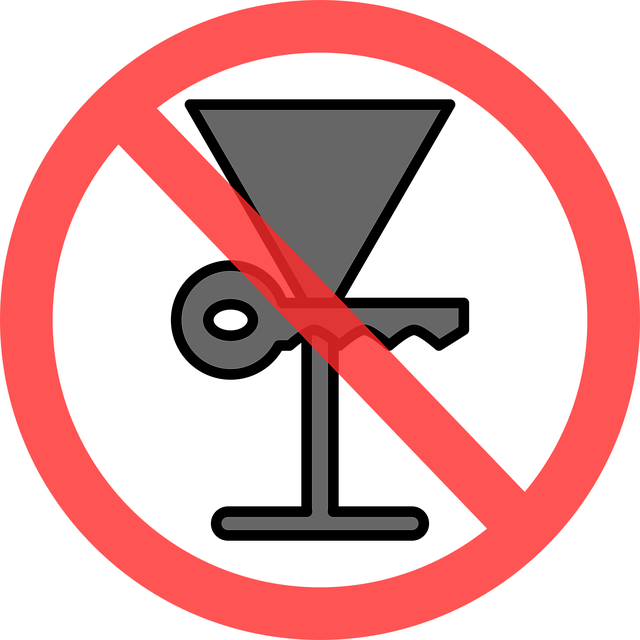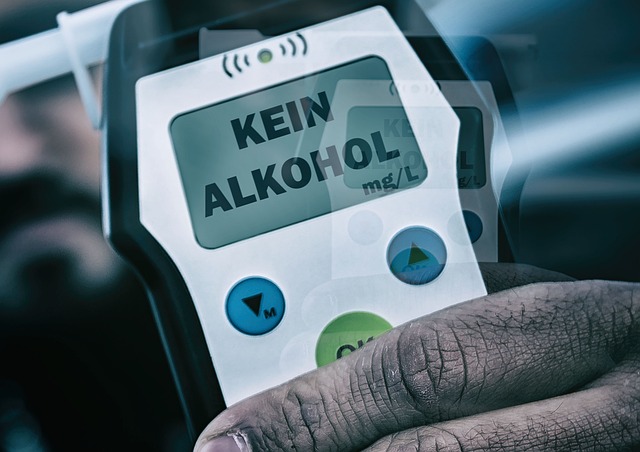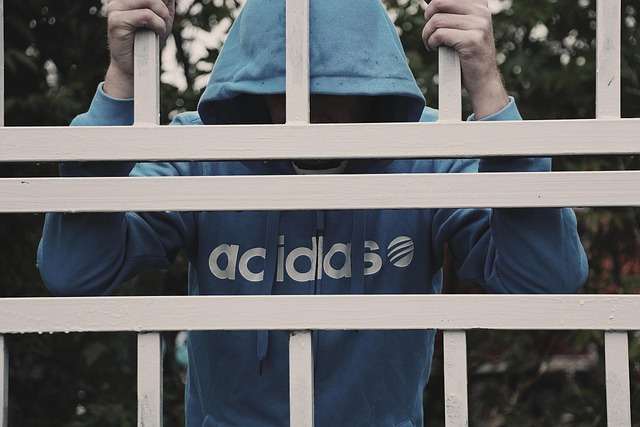Youth DUI Prevention Programs tackle teen drink driving by educating about risks, fostering accountability, and offering early intervention. These programs target peer pressure, curiosity, and easy access to alcohol. Early detection, parental involvement, and community support steer teens away from dangerous behaviors. Tailored rehab programs combine counseling, education, and skill-building workshops to reduce repeat offenses. Peer support networks provide safe spaces for teens to share experiences and build resilience against alcohol consumption. Success stories highlight the transformative power of these programs, inspiring hope and positive community contributions.
Teen rehabilitation, especially for those involved in Youth DUI (drunk driving under age 21), is a critical aspect of road safety. This article delves into the multifaceted approach needed to get teens back on track. We explore the risks and impact of Youth DUI, identify key risk factors, and present effective strategies from early intervention by parents and schools to successful rehabilitation programs and peer support networks. By understanding these elements, we can enhance youth DUI prevention programs and foster safer communities.
- Understanding Youth DUI: Risks and Impact
- Identifying Risk Factors for Teen Drink Driving
- Early Intervention: Strategies for Parents and Schools
- Effective Rehabilitation Programs for Teens
- Peer Support Networks for Alcohol Prevention
- Long-term Success Stories: Overcoming Challenges
Understanding Youth DUI: Risks and Impact

Youth DUI, or Driving Under the Influence, is a significant concern for parents and authorities alike. It involves minors operating a vehicle while impaired by alcohol or drugs, which carries severe risks and long-lasting consequences. The impact of Youth DUI extends beyond legal penalties; it can affect young lives in profound ways, shaping their future and overall well-being.
The dangers are multifaceted. First, it puts the driver at risk of serious injury or death in the event of an accident. Additionally, a youth with a DUI may face legal repercussions, including fines, license suspension, and even jail time, which can disrupt their education and future opportunities. Moreover, these incidents often lead to long-term behavioral issues, as impaired driving can be a sign of underlying problems such as substance abuse or mental health struggles. Thus, early intervention through Youth DUI Prevention Programs is crucial to steer teens back on track and away from dangerous behaviors.
Identifying Risk Factors for Teen Drink Driving

Teen drink driving, or Youth DUI, is a significant concern with severe consequences. Identifying risk factors is crucial for implementing effective prevention programs. Studies show that several elements contribute to this dangerous behavior, including peer pressure, curiosity, and easy access to alcohol.
Youth DUI Prevention Programs aim to address these issues by educating teens about the dangers of drinking and driving, promoting responsible decision-making, and fostering a culture of accountability. Early intervention, parental involvement, and community support are key components in keeping teens safe on the roads and steering them back on track.
Early Intervention: Strategies for Parents and Schools

Early intervention is a crucial strategy in teen rehabilitation, especially regarding Youth DUI Prevention Programs. Parents and schools play a pivotal role in identifying potential issues at a young age. By implementing proactive measures, they can steer teens away from risky behaviors like drinking and driving. One effective approach is to foster open communication; encouraging youth to share their experiences and feelings without judgment creates a safe space for them to seek help.
Schools can integrate educational programs that raise awareness about the consequences of underage drinking and its legal implications. These initiatives should be supported by parental involvement, where parents are educated on recognizing signs of alcohol abuse and provided with tools to guide their children towards healthier choices. Early detection through such programs can prevent what could become a lifelong struggle with addiction and ensure teens stay on track.
Effective Rehabilitation Programs for Teens

Teen rehabilitation programs focused on getting young individuals back on track after a misstep are crucial components of youth DUI prevention. These comprehensive programs often involve a combination of counseling, education, and skill-building workshops tailored to address the unique challenges faced by teenagers. By targeting underlying issues such as peer pressure, substance abuse, and emotional regulation difficulties, these interventions aim to equip teens with the tools they need to make healthier choices.
Effective rehabilitation for teens may incorporate evidence-based strategies like cognitive behavioral therapy (CBT), family counseling, and group support sessions. Youth DUI prevention programs that emphasize education about the consequences of impaired driving and promote positive alternatives to risky behaviors can significantly reduce the likelihood of future infractions. Additionally, fostering a sense of accountability and providing ongoing mentorship can be instrumental in helping teens stay on a successful path of recovery and personal growth.
Peer Support Networks for Alcohol Prevention

Peer support networks play a pivotal role in Youth DUI Prevention Programs, offering a safe space for teens to connect and share experiences. These informal groups, often facilitated by trained peers or mentors, provide a sense of belonging and understanding, which is crucial for young individuals facing substance abuse issues. Members can offer encouragement, accountability, and practical advice, helping each other stay on track with recovery goals.
By participating in peer support networks, teens gain valuable skills to navigate social situations and resist peer pressure, making them more resilient against future alcohol consumption. These networks foster a culture of openness and trust, enabling members to discuss challenges and successes openly, ultimately strengthening their collective resolve for alcohol prevention.
Long-term Success Stories: Overcoming Challenges

Many success stories emerge from teen rehabilitation programs, showcasing the transformative power of second chances. These narratives often involve young individuals who, after facing charges related to Youth DUI Prevention Programs, found themselves on a path to redemption and successful futures. The challenges they’ve overcome are a testament to the resilience of youth and the effectiveness of well-structured rehabilitation initiatives.
Participants share their experiences of learning to make better choices, developing essential life skills, and repairing relationships damaged by their actions. Through counseling sessions, group therapy, and mentorship programs, they cultivate a newfound sense of purpose and responsibility. These stories inspire hope, demonstrating that with dedicated support, teens can turn their lives around and become positive contributors to their communities.
Teen rehabilitation programs that focus on comprehensive strategies, including education, early intervention, and peer support, hold great promise in reducing Youth DUI incidents. By identifying risk factors and implementing effective rehabilitation, we can empower teens to make healthier choices and prevent tragic consequences. Investing in these prevention programs is crucial for fostering a safer future where our youth thrive free from the dangers of alcohol-impaired driving.






